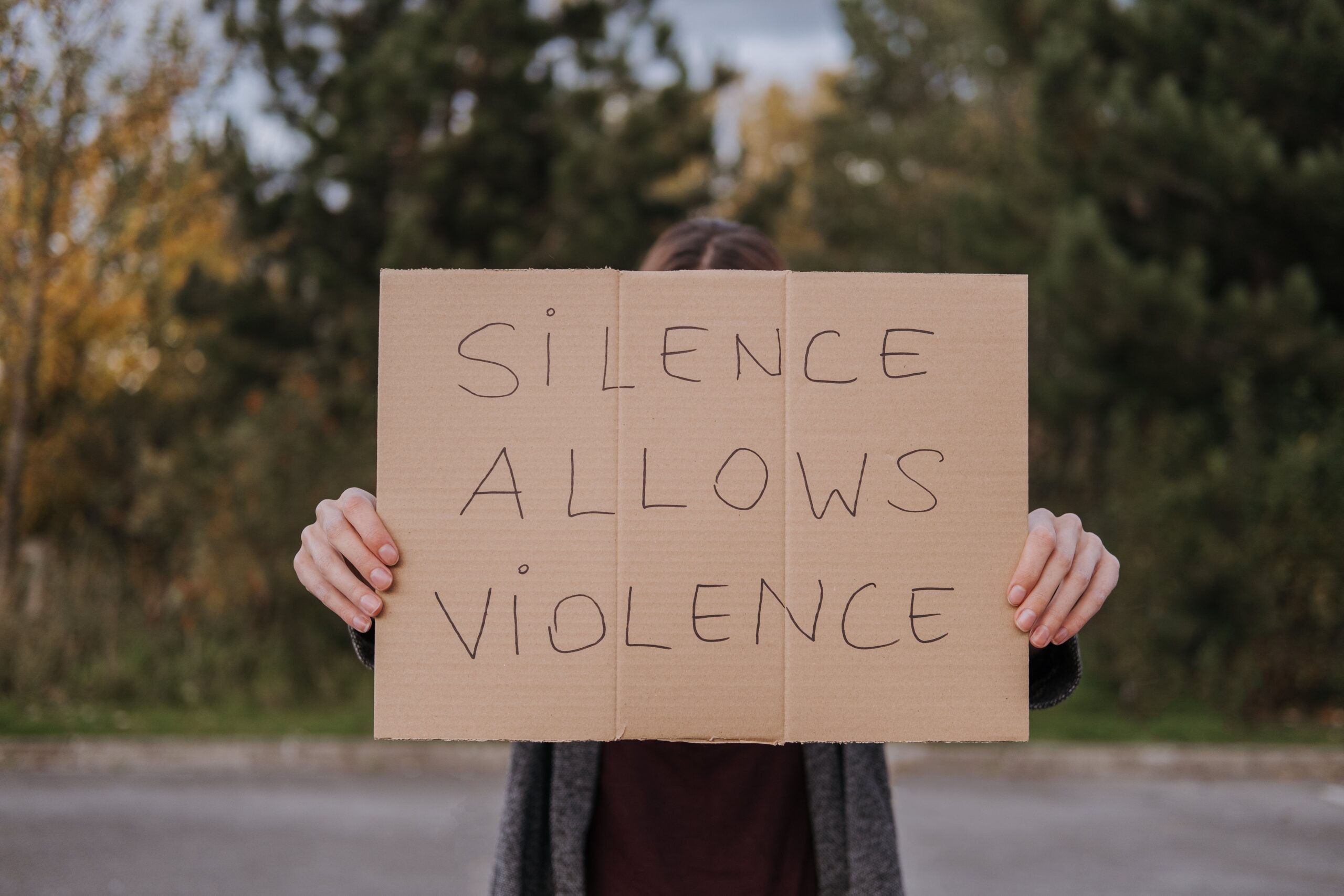The workings of the UK family courts have long been cloaked in privacy and discretion – or to some, secrecy. While the need to safeguard the wellbeing and identity of children and families involved is paramount, there is an emerging sentiment that the family courts could benefit from increased transparency. This is especially true in cases involving domestic abuse survivors.
The Current State of UK Family Courts
Historically, family courts in the UK operate behind closed doors. Decisions are made away from public scrutiny, ostensibly to protect the privacy of the families and children involved. The media can attend some family court hearings but are severely restricted in what they can report. This shroud of confidentiality can, however, inadvertently protect abusers and mask any potential lapses in justice.
The Plight of Domestic Abuse Survivors
Domestic abuse survivors often find themselves navigating a complex maze when they decide to leave their abusive partners. The trauma they endure is multi-faceted, including physical, emotional, and psychological scars. The family court becomes a crucial juncture for them as they seek custody of their children, financial support, and protection.
However, the lack of transparency can hinder their journey to justice:
- Risk of Not Being Heard: In a private setting, there is a risk that the voice of the domestic abuse survivor might be downplayed or ignored, especially if they don’t have adequate legal representation.
- Lack of Accountability: Without transparency, decisions made by the court aren’t as easily open to scrutiny. This lack of oversight can lead to decisions that may not necessarily be in the best interests of the survivor or the children involved.
- The Trauma of Secrecy: For many survivors, secrecy is reminiscent of the silence they were forced into during the abuse. Opening the courts could provide survivors with a sense of vindication and acknowledgment.
The Benefits of Transparency
Greater transparency in family courts doesn’t imply broadcasting family matters to the public. Instead, it is about ensuring accountability, bolstering trust, and fostering a system that truly looks after the interests of its stakeholders.
- Holding Abusers Accountable: With more eyes on the process, abusers will find it harder to manipulate the system. This can deter abusive partners from using the court as another means of control.
- Professional Accountability: Greater transparency means that professionals, whether they be judges, lawyers, or other court officials, are held to a higher standard. They will be more diligent in ensuring that their decisions are fair, just, and in line with the principles of justice.
- Public Trust: A more transparent process can improve public confidence in the family court system. It assures society that justice is served and that the welfare of children and survivors is a top priority.
Balancing Transparency and Privacy
While advocating for increased transparency, it is vital to strike a balance. Children and families should not be unduly exposed or their privacy invaded. There are measures that can be adopted to ensure this balance:
- Anonymous Reporting: Media can be allowed to report more details on cases but ensure anonymity for the families and children involved.
- Selective Transparency: Not all cases may need the same level of openness. Courts can determine which hearings would benefit most from increased scrutiny, especially where abuse is involved.
- Involving Stakeholders: Domestic abuse survivors, along with organisations supporting them, can be more closely involved in shaping how the family court system evolves.
The family court system in the UK stands at a crossroads. There is a growing consensus that increased transparency can immensely benefit domestic abuse survivors, providing them with the justice they seek and ensuring their safety and that of their children. While the path to change may be laden with challenges, the benefits of such a shift—ensuring justice, trust, and above all, safety—surely make it a journey worth undertaking.

